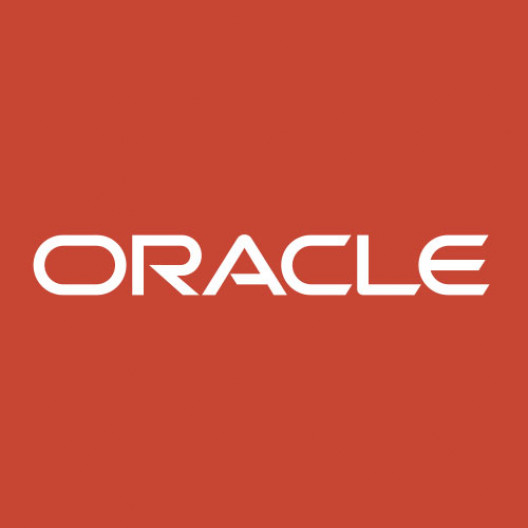
Dare to Be Different: How Bev Learned to Break the Mold and Become a Leader
Business
Bev Crair has always felt a little bit different. A non-traditional background coupled with enviable smarts was enough to single her out at school, while her coming out in later years helped her claim parts of herself she didn’t know she’d been hiding. In honor of Pride Month, discover how “being different” has been the key to Bev’s success as a leader at Oracle Cloud Infrastructure.
Not like everyone else
The first time Bev remembers feeling like an outsider, she was just a child. “Growing up overseas, and then returning to the US during grade school, I’ve always felt outside of the dominant paradigm,” she explains. “It didn’t matter whether it was being a girl, being Jewish, being smart, knowing multiple languages, or not growing up in the US, I was different.”
This time in Bev’s life helped her become accustomed to the feeling of not being like everyone else; a trait which would prove to be very useful. “Even as a young kid, I had to contend with how to navigate a world that wasn’t necessarily welcoming,” she recalls. “My mom told me ‘Look, you’re always going to be different. Figure out how to make it work for you, rather than it being a problem.’ So, I figured it out. Then, coming out (at least to myself) wasn’t as much of a challenge—it was just another way of being different. “
Showing her true colors (and abilities)
Despite Bev’s natural inclination to break the mold, she didn’t feel ready to come out in her previous job until ten years ago. “Before that, I felt it was too risky, mostly from a personal perspective,” she confides. “As a single parent, I was afraid that I would lose custody of my daughter, and waited until she was an adult. What I didn’t know then was how much energy I wasted in ‘covering up’. After I came out at work, I was truly surprised at the amount of energy that I could bring to the table – it was an unexpected bonus.”
Bev is now out and proud in all areas of her life, but she never lost her sense of being different. In fact, it’s what makes her the open-minded leader she is today. “That sense of being different helps me as a leader and, I think, is part of what’s made me successful, because I can perceive other options and other possibilities to solve problems. That skill has been extremely important to my career, and has helped me and my teams solve problems that others have found intractable.”
The business case for diversity and inclusion
The leadership position in question is Bev’s role as Senior Vice President of the Compute and Capacity team at Oracle Cloud Infrastructure (OCI). Part of her team is responsible for compute infrastructure, software, and hardware, while the capacity side of her team is responsible for making sure that OCI customers have enough computers in the right place, at the right time, in order to grow and be successful. “I’m passionate about building great teams that build great products,” she emphasizes. “Specifically, I’m passionate about figuring out new ways to solve our customers’ problems.”
This is exactly why diversity and inclusion tops Bev’s list of priorities as a leader. “My perspective is that it’s not just the right thing to do for ourselves as people, it’s the right thing to do for the business,” she advises. “Over and over again, we’ve seen the data that teams, companies, and even countries are more effective and more successful when they’re more inclusive. It makes intuitive sense, but it’s also borne out by the data. I also believe that diversity and inclusion isn’t just an HR problem, it needs to be driven by leaders in the business—people like me, but also every individual on every team.”
A little risk reaps big rewards
We asked Bev if she had any words of wisdom to share with our readers, in light of Pride Month. Funnily enough, she’s given a lot of thought to what advice she’d like to give her younger self. Her answer? Take more risk. “Take the risk to come out; take the risk to question the approach on something; take the risk to speak your truth.”
Bev points out that the LGBTQ+ community are naturally skilled at taking risks, and this can be used to their advantage. “Our experience of coming out all the time—like when I hold my wife’s hand on the street—is actually a very useful skill in business. If I can take a personal risk like holding my wife’s hand, and live successfully with the consequences, I become more comfortable in my own skin, and in my own strength. That strength of purpose and clarity then becomes useful in many other ways—like helping me hear others better, particularly people who don’t think the same way I do.”

